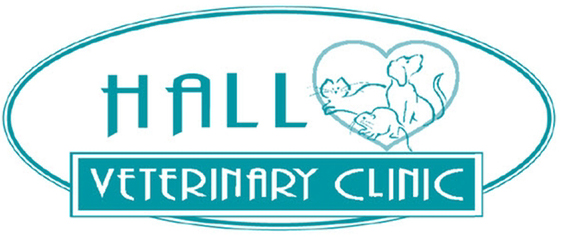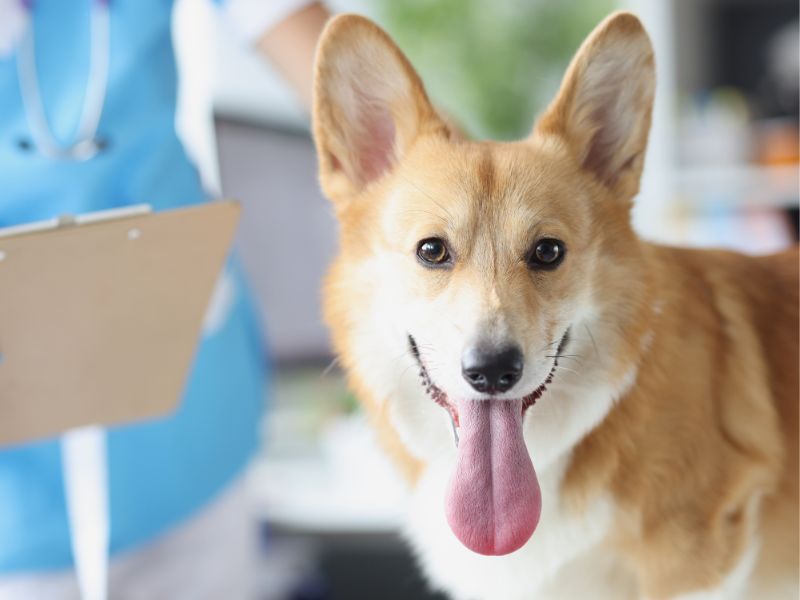Pet Vaccination
At Hall Veterinary Clinic in Gaylord, MI, we are committed to keeping your pets healthy through comprehensive vaccination services. Vaccinations are vital to preventive care, protecting your dogs and cats—and especially puppies and kittens—from a range of serious and potentially life-threatening diseases.
Dog Vaccination and Cat Vaccination
Vaccinations are crucial in maintaining your pet’s health by stimulating their immune system to recognize and fight specific pathogens. Our clinic offers a range of vaccinations for dogs, cats, puppies, and kittens to ensure they are protected against common and severe illnesses.
Core Vaccines
During your visit, we will explain the difference between core and non-core vaccines. Core vaccines are essential for all pets due to the widespread risk and severity of the diseases they prevent. These include:
- Rabies: Protects against a fatal virus that can affect both pets and humans.
- Distemper: Prevents a highly contagious viral disease affecting a dog’s respiratory, gastrointestinal, and nervous systems.
- Parvovirus: Protects against a severe gastrointestinal illness in dogs.
- Adenovirus: Guards against infectious canine hepatitis.
- Feline Panleukopenia (Distemper): A core vaccine for cats to protect against a highly contagious and often fatal disease.
- Feline Herpesvirus and Calicivirus: Protects against common respiratory infections in cats.
Non-Core Vaccines
Non-core vaccines are recommended based on your pet’s lifestyle, environment, and specific risk factors. These may include:
- Bordetella: Protects against kennel cough, common in dogs that are boarded or frequently interact with other dogs.
- Lyme Disease: Prevents Lyme disease, transmitted by ticks.
- Leptospirosis: Protects against a bacterial infection from contaminated water.
- Feline Leukemia Virus (FeLV): Recommended for cats with outdoor access or those in multi-cat households.
Benefits of Vaccinations
Vaccinating your dog, cat, or puppy offers numerous benefits, including:
- Preventing Serious Illness: Vaccines protect your pet from potentially deadly diseases.
- Reducing Disease Spread: Vaccinations help control the spread of infectious diseases within the pet population.
- Saving on Medical Costs: Preventative care is often more affordable than treating serious illnesses.
- Meeting Legal Requirements: Ensure your pet meets local vaccination requirements, such as those for rabies.
When to Vaccinate Your Pet
The timing of vaccinations is crucial for their effectiveness. Puppies and kittens typically start their vaccination schedule at six to eight weeks of age, with booster shots given every few weeks until they are about 16 weeks old. Adult dogs and cats require regular booster shots to maintain their immunity.
Puppy and Kitten Vaccination Schedule
A typical puppy and kitten vaccination schedule at our clinic includes:
- 6-8 weeks: First vaccinations (distemper, parvovirus, adenovirus for puppies; distemper, herpesvirus, calicivirus for kittens)
- 10-12 weeks: Second round of core vaccines and first Bordetella vaccine for puppies
- 14-16 weeks: Final round of core vaccines, including rabies
Adult Pet Vaccination Schedule
For adult dogs and cats, we recommend:
- Annual or triennial boosters: Depending on the vaccine and your pet’s health status.
- Non-core vaccines: Administered based on risk factors and lifestyle.

